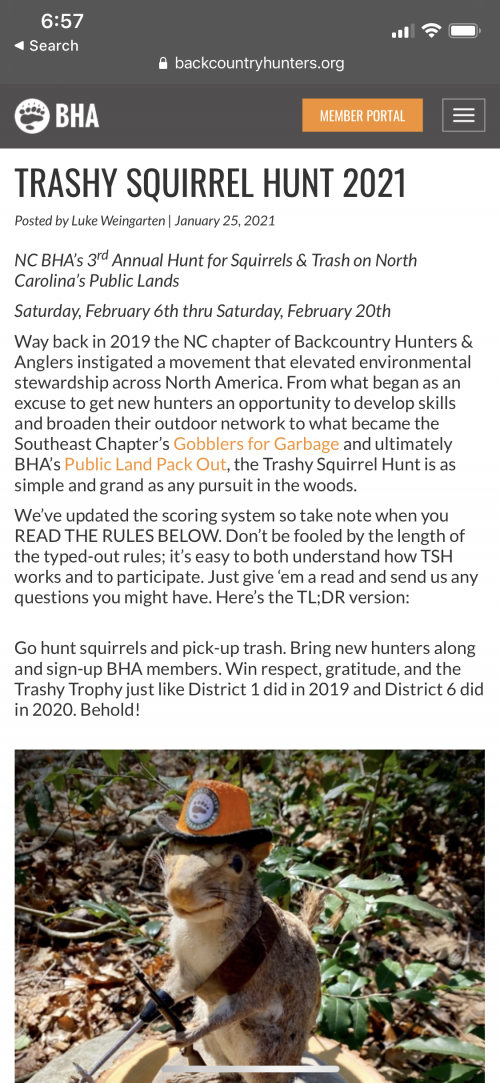VikingsGuy
Well-known member
I generally am not a big fan of "I'm already inside, time to buy locks" arguments. Of course, wildlife and public lands are limited resources. But in a democracy and under the NAM I believe the opportunities should be presented to as many as possible. If that means a few incumbents who have hundreds of hunts under their belts need to have a few less to let someone who is new enjoy their shared resources, then so be it.
Our nation is plagued with a spirit of "not in my backyard," "I was here first so bugger off," and "it works for me so screw the rest". This thinking is incompatible with the management of shared resources. It shouldn't be, "we are all owners of our shared lands and wildlife, it's just that some of us (generally, old, white, rural and male) are more equal than others," or "give us your PR funds, tax dollars, and conservation memberships and your congressional votes, but don't look too closely at who amongst us benefits differentially from your actions/support".
I get it, the incumbents like being incumbents. But it doesn't make it right.
Our nation is plagued with a spirit of "not in my backyard," "I was here first so bugger off," and "it works for me so screw the rest". This thinking is incompatible with the management of shared resources. It shouldn't be, "we are all owners of our shared lands and wildlife, it's just that some of us (generally, old, white, rural and male) are more equal than others," or "give us your PR funds, tax dollars, and conservation memberships and your congressional votes, but don't look too closely at who amongst us benefits differentially from your actions/support".
I get it, the incumbents like being incumbents. But it doesn't make it right.








